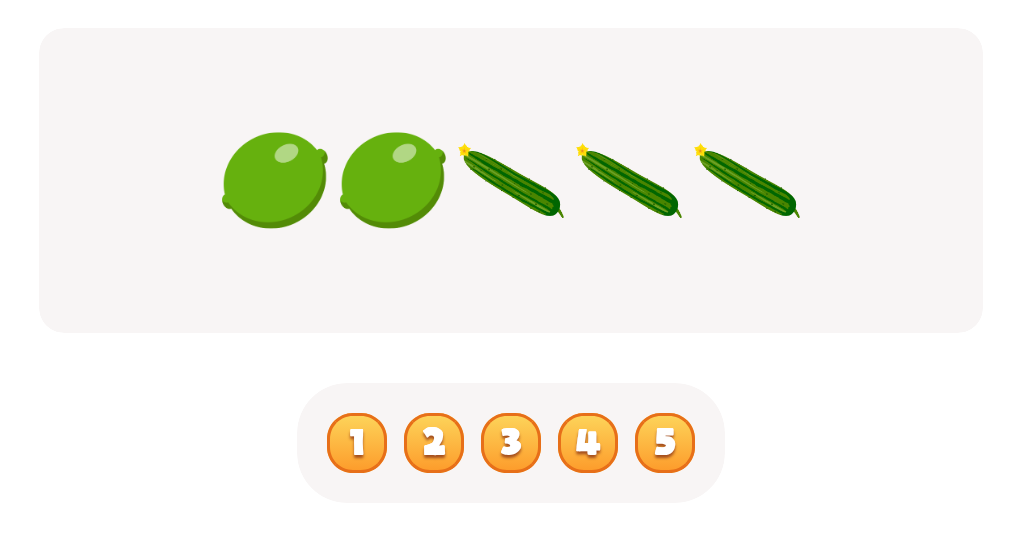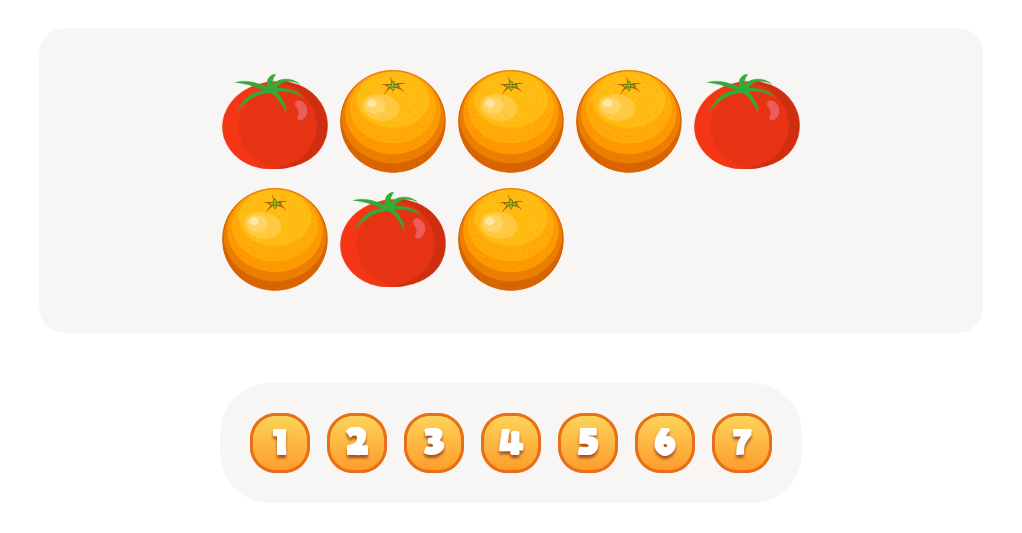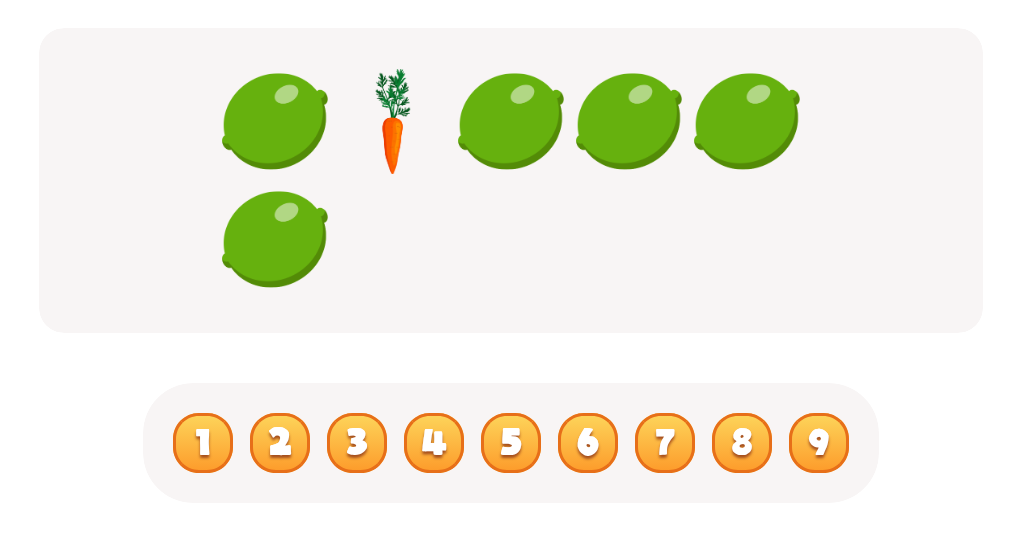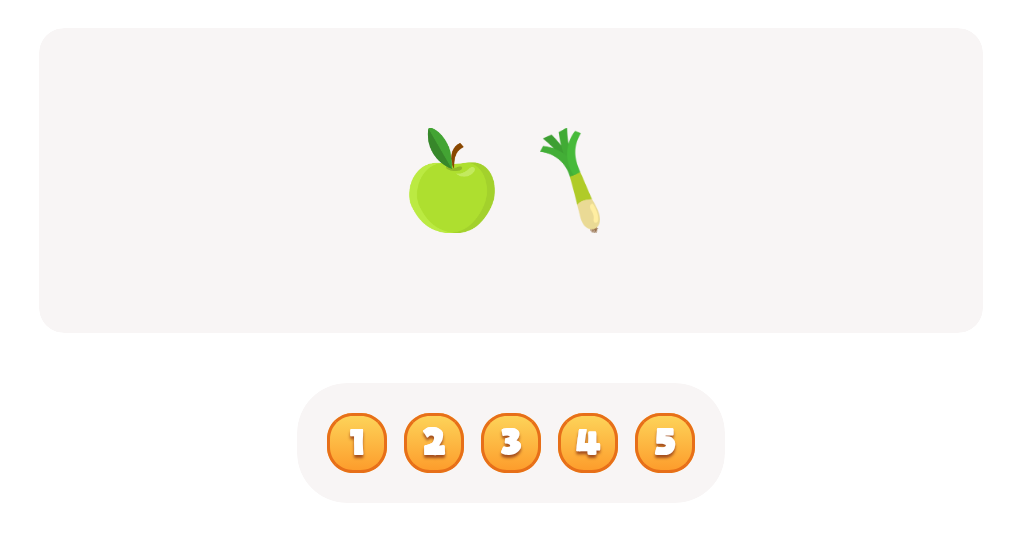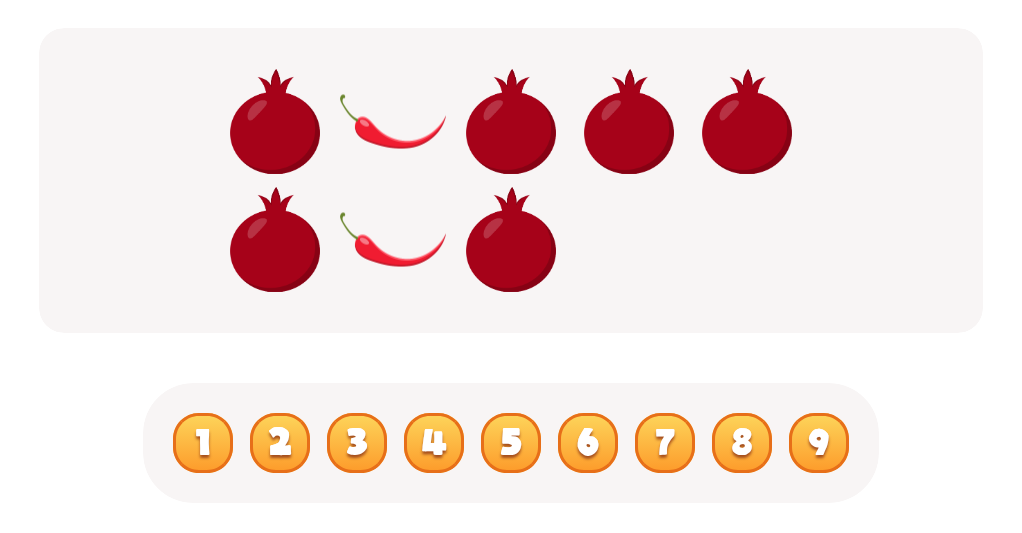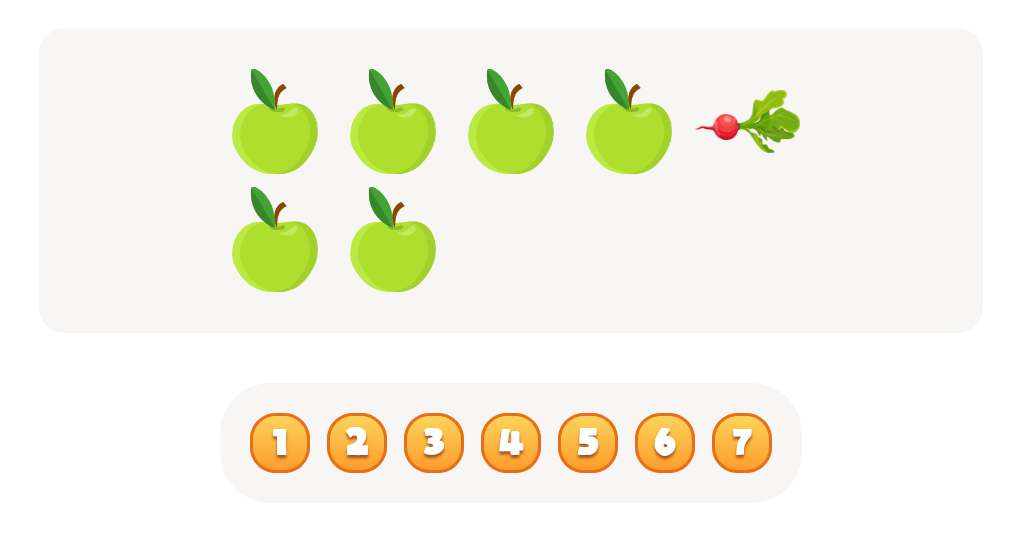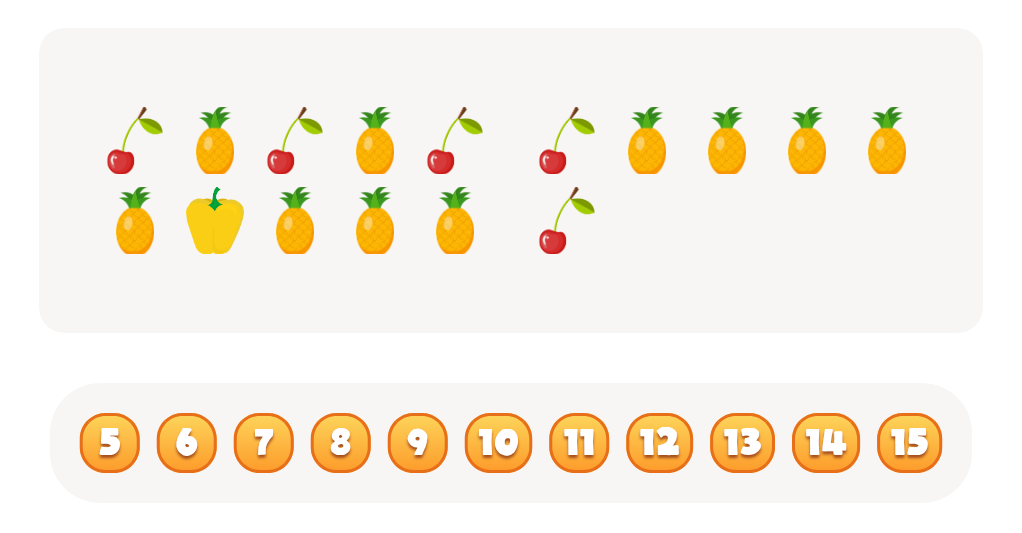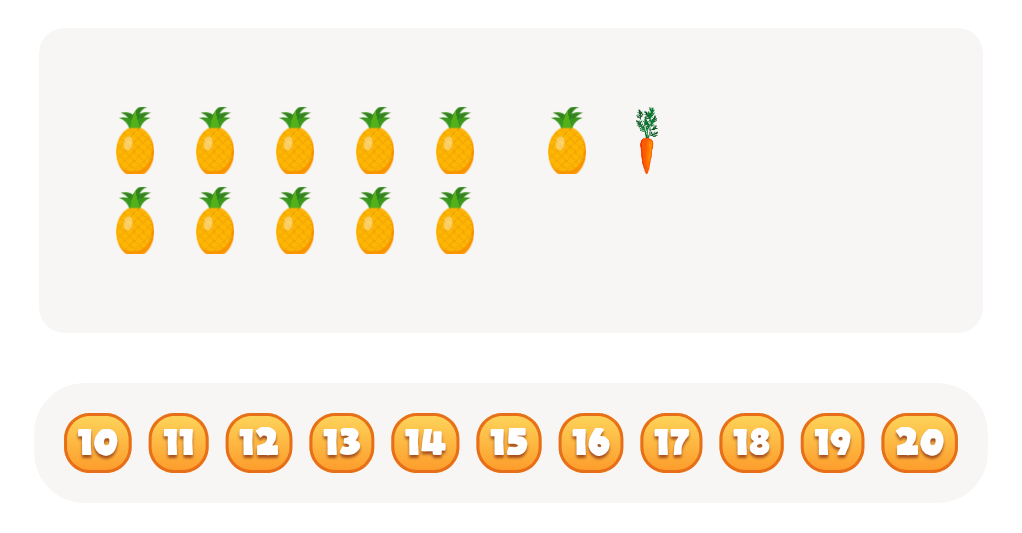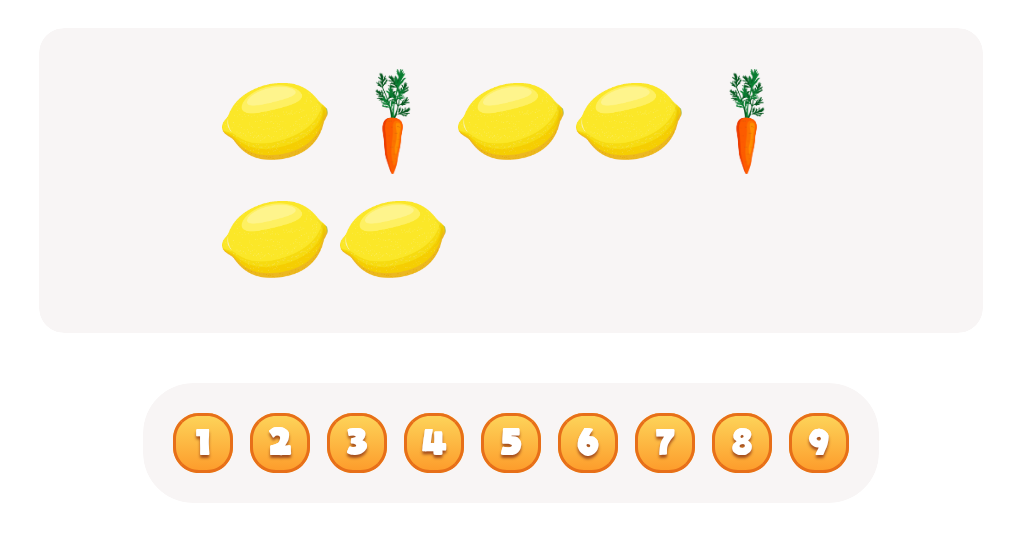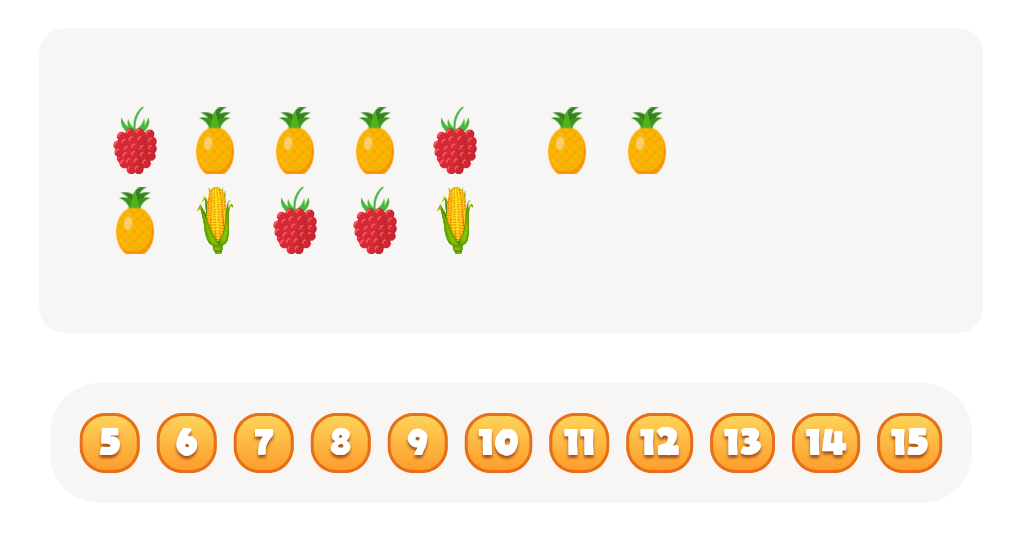Understanding life cycles Plants and Animals Worksheets for Ages 3-7
6 filtered results
-
From - To
Discover the fascinating world of life cycles with our engaging worksheets designed for children ages 3-7. These printable activities from Kids Academy introduce young learners to the stages of growth in plants and animals. Our interactive worksheets help children understand concepts such as germination, growth, reproduction, and more through colorful illustrations and easy-to-follow instructions. By exploring these life cycles, children can develop a deeper appreciation for nature and the environment. Perfect for home or classroom use, our resources are crafted to make learning science fun and accessible to preschool and early elementary students. Start exploring today!
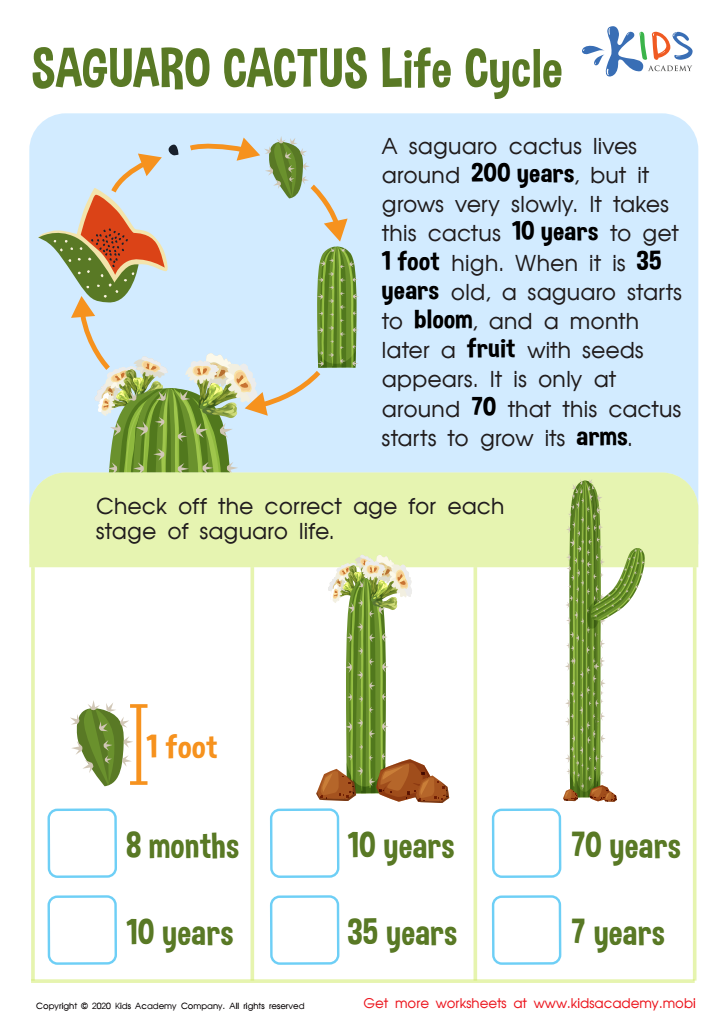

Saguaro Cactus Life Cycle Worksheet
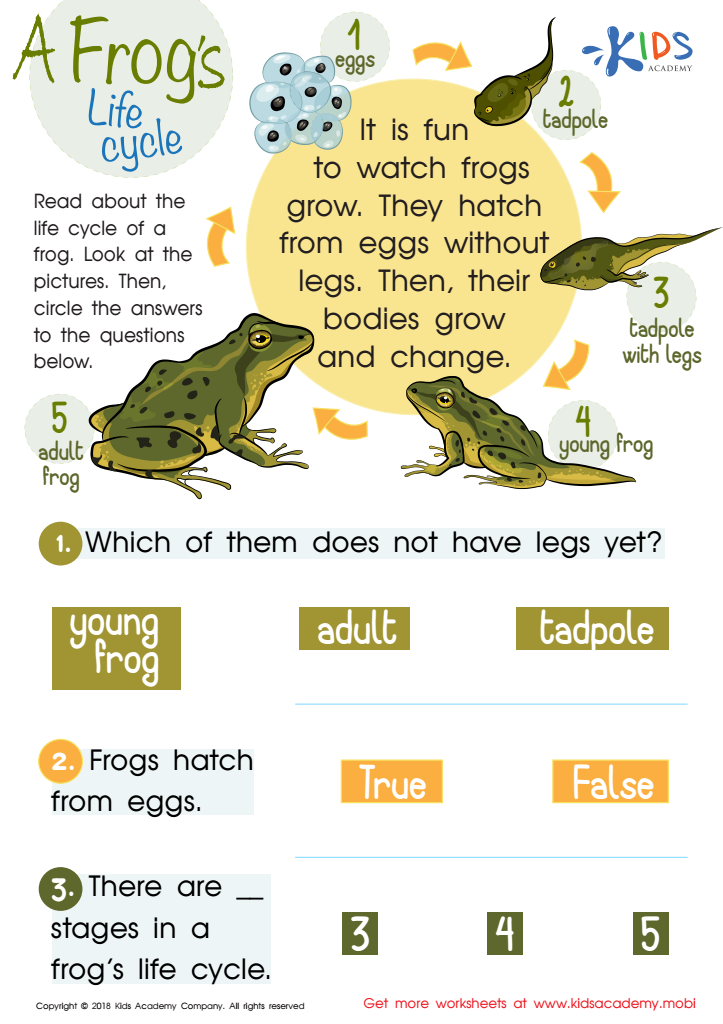

A Frog’s Life Cycle Worksheet
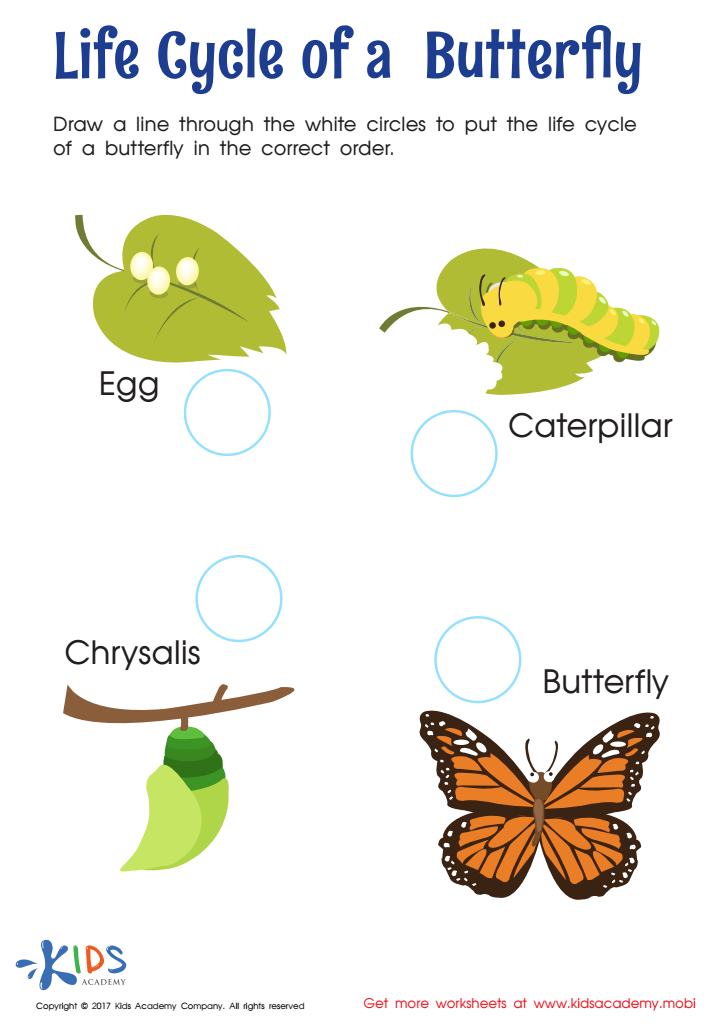

Life Cycle of Butterfly Worksheet
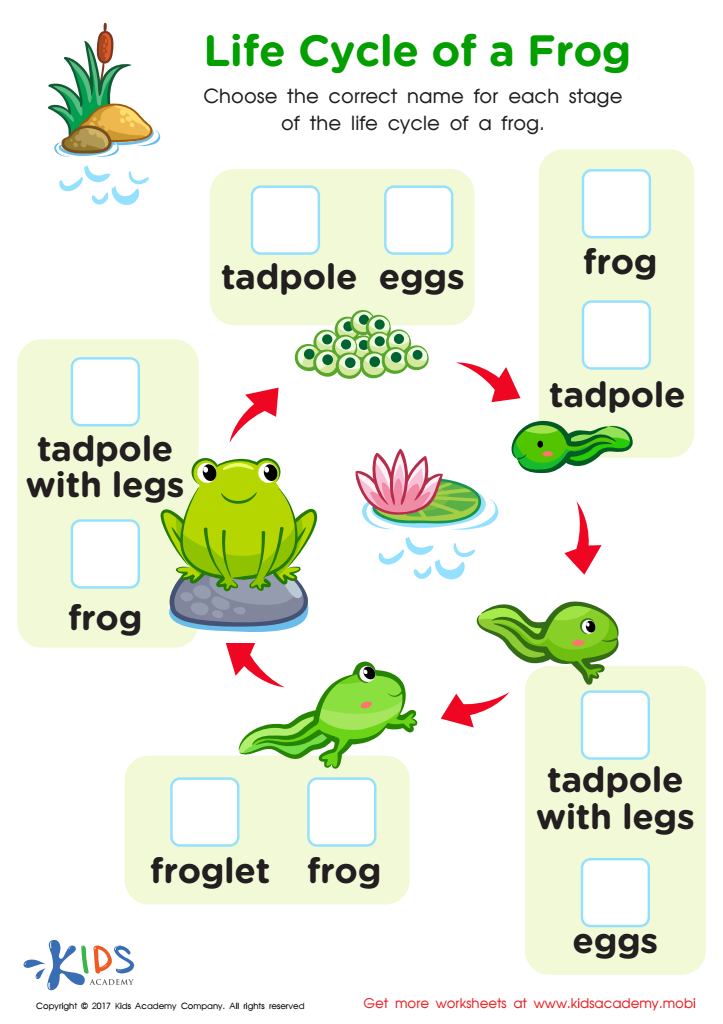

Life Cycle Frog Printable
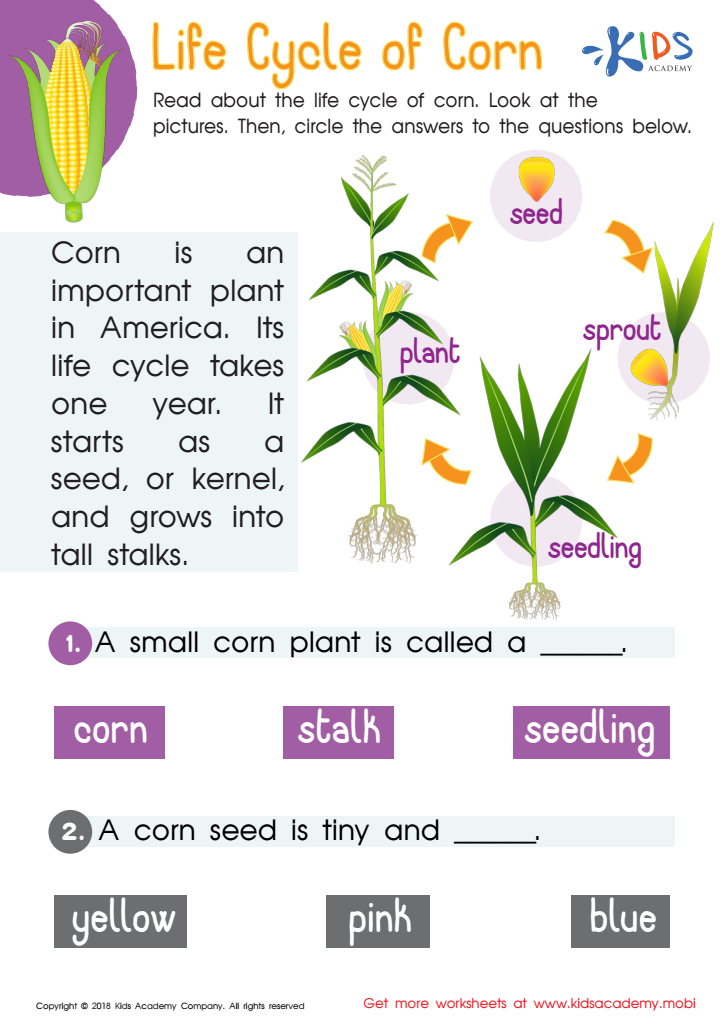

Life Cycle of Corn Worksheet
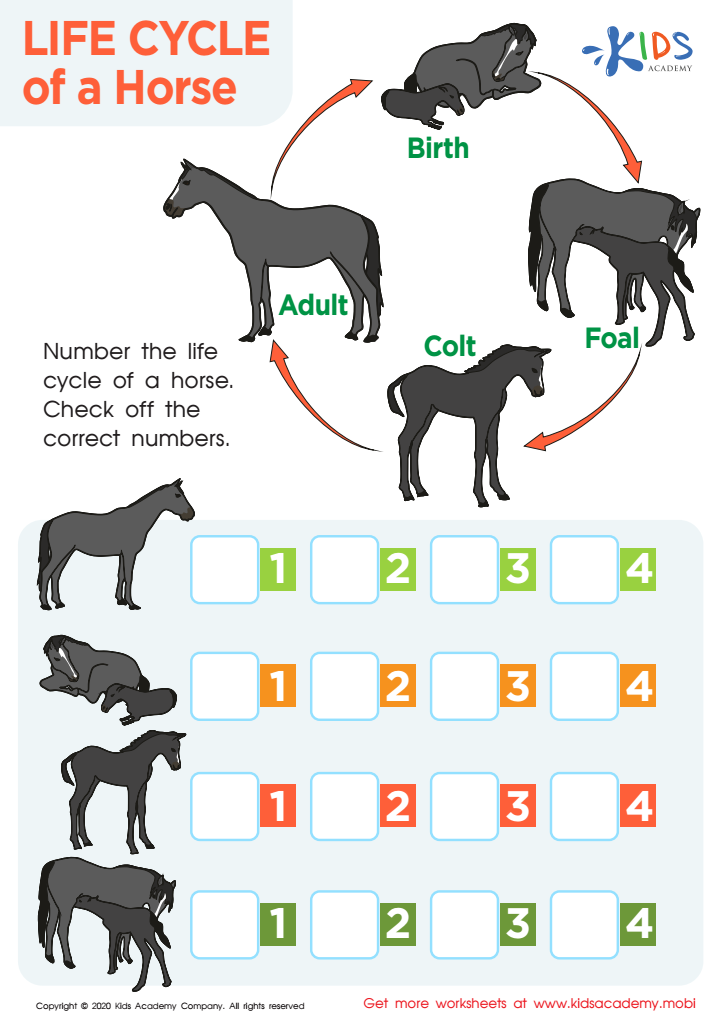

Life Cycle of a Horse Worksheet
Understanding life cycles of plants and animals is crucial for young children for several reasons. First, it sparks curiosity and fosters a sense of wonder about the natural world. By exploring life cycles, kids learn how plants grow from seeds into flowering adults and how animals go through stages like birth, growth, and reproduction. This foundational knowledge supports cognitive development, helping children comprehend complex processes and sequences.
Secondly, it nurtures a respect for nature and an appreciation for the environment. When children understand where their food comes from or how butterflies develop from caterpillars, they become more conscious of ecosystems and the importance of conserving them.
In educational settings, relating to life cycles enhances observational skills and critical thinking. Activities like growing a plant or watching tadpoles metamorphose into frogs provide hands-on learning experiences that engage multiple senses and reinforce scientific concepts through experiential learning.
Finally, such education prepares children for future scientific studies and instills lifelong values. Whether it's through a garden in the backyard or nature walks, prioritizing learning about life cycles allows parents and teachers to support children’s curiosity, environmental stewardship, and foundational scientific literacy in fun and meaningful ways.

 Assign to My Students
Assign to My Students
